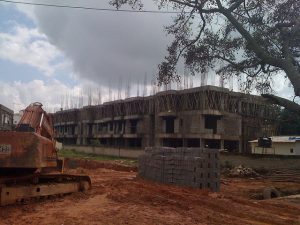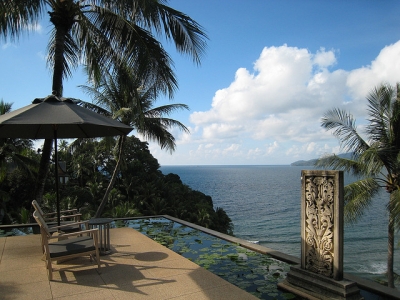 Potential investors should consider recent developments in Thailand and the impact on projects to ensure that good decisions are made.
Potential investors should consider recent developments in Thailand and the impact on projects to ensure that good decisions are made.
Hotel licensing for projects, licenses & rental programmes
There are numerous media reports about Thai government crackdowns on properties, some of which operate as hotels without any license, or without the correct licenses to cover their activities.
Therefore, when considering any investment in a property that will ultimately involve some form of short-term rental arrangements, vigorous enquiry should be made into the compliance plan to configure a real estate development to be suitable under various regulatory regimes from building control, environmental regulations through to zoning and planning controls.
The famous rental return guarantee
It doesn’t take a real estate genius to conduct Internet searches to ascertain a realistic rate of return on a real estate investment, and to compare the yield to stocks, bonds, long-term bank deposit, crypto currencies and any other investments currently promoted in the business world. If the promised ‘rental guarantee’ is too good to be true, then there will be something amiss either in the business plan of the developer or the operator – or there could be a ‘house of cards’ set of promises based on speculative sales at an overvalue.
Where a developer has taken the time to calculate the prospective realistic performance of asset managers to produce rental yield, built in contingencies for soft and hard refurbishments, planned for ‘rainy days’ including retaining a contingency reserve, then the long term yield where there is a profit sharing model for rental will generally be a soft curve after rentals or hotel operations stabilise. On such basis, an initial rental guarantee should really not be too high or this indicates the assets are being sold at too high a value to ‘build in’ the guarantee.
Stability of the operators/asset managers
Let’s assume that the normal checks have been made into the land title history, zoning and planning rules, gradient, height and shoreline set-back rules, built up area, green area ratios, engineering contingencies, insurance arrangements, asset management plans and fees, rental returns and quality of ownership options for purchasers.
Then the main commercial verification process that underpins an investment decision is the relationship between the developer/asset owners and the ‘operator’, which may be a very well known brand or a more boutique or lesser known asset manager.
Developers will generally not disclose all the details of the commercial arrangements, but ought to disclose the term of the agreement, any unusual terms which might affect a rental programme and any cost implications, which may affect an owner in a rental programme.
In some cases, unfortunately, it seems that very ‘loose’ arrangements are made, or even just discussed between developers and operators; brands and logos may be misplaced on brochures and websites, leading purchasers to mistakenly believe that an investment is more stable than it actually is.
However, if a solid well-prepared structure has been set up by the developer with an operator, then a certain amount of confidence can be implied from the fact of the willingness of the parties to commit to asset development and management – and with disclosure on the key terms of the arrangement and properly disclosed details – to provide comfort to add further security.
As high season approaches, check the background of the brochures carefully. Be wary of the agents ‘pumping out hot-sales’ when they don’t even appear to know the ownership structure, compliance levels of laws relating to a project – but may instead be touting cut and paste contracts they have picked up along their travels as ‘well prepared’ agreements.
Enjoy your visit to Phuket and pick your investments wisely.
This article first appeared at WINDOW on Phuket.








